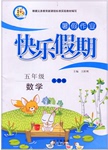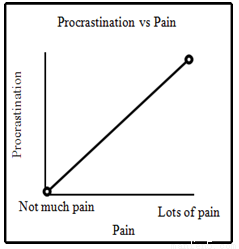题目内容
根据短文内容,从短文后的选项中选出能填入空白处的最佳选项。选项中有两项为多余选项。
Everyone knows that fish is good for health. 1. But it seems that many people don’t cook fish at home. Americans eat only about fifteen pounds of fish per person per year, but we eat twice as much fish in restaurants as at home. Buying, storing, and cooking fish isn’t difficult. 2. This text is about how to buy and cook fish in an easy way.
3. Fresh fish should smell sweet: you should feel that you’re standing at the ocean’s edge. Any fishy or strong smell means the fish isn’t fresh. 4. When you have bought a fish and arrive home, you’d better store the fish in the refrigerator if you don’t cook it immediately, but fresh fish should be stored in your fridge for only a day or two. Frozen fish isn’t as tasty as the fresh one.
There are many common methods used to cook fish. 5. First, clean it and season it with your choice of spices(调料). Put the whole fish on a plate and steam it in a steam pot for 8 to 10 minutes if it weighs about one pound. (A larger one will take more time.) Then, it’s ready to serve.
A. Do not buy it.
B. The easiest is to steam it.
C. This is how you can do it.
D. It just requires a little knowledge.
E. The fish will go bad within hours.
F. When buying fish, you should first smell it.
G. The fats in fish are thought to help prevent heart disease.
 一诺书业暑假作业快乐假期云南美术出版社系列答案
一诺书业暑假作业快乐假期云南美术出版社系列答案

